We came to meet Mr. Nguyen Ngoc Diep at his private home in Quarter 4, Kinh Dinh Ward (Phan Rang - Thap Cham City). Wearing a military uniform with medals stained by time awarded by the Party, State, and armed forces. Although he is 91 years old, the stories related to the battle in Dien Bien Phu valley are still intact in the passionate heart of the old soldier. Through his clear and coherent storytelling, we understand more clearly the cruelty of the war, thereby further depicting the brave and heroic spirit of our army against the enemy. According to the story, he was born in Nghe An in 1933. Following the revolutionary tradition of his family, in 1953, when he was just 20 years old, he proactively asked to join the resistance war against the French, and was then sent to the Dien Bien Phu campaign.
Mr. Nguyen Ngoc Diep reviews the souvenirs and medals he received from the State.
At that time, he was assigned by his unit to be in charge of logistics to transport ammunition and artillery, and to take care of food, water, and food for the officers and soldiers. Although he did not directly hold guns and fight the enemy, his force also had to face difficulties and dangers. Cooking rice, soup, and drinking water in conditions where the French army was constantly bombing fiercely was difficult, bringing rice, soup, and drinking water to the trenches was even more difficult. Every day, he and his force crossed bare hills, hot ground, and scattered bomb fragments to bring rice and drinking water to the soldiers in time. Or when he was ordered by his superiors to participate in transporting ammunition and artillery, he weaved through the trenches to provide weapons. There were times when the enemy was close, in order to protect the weapons, he and his comrades pulled the artillery up, then pulled it down, dug tunnels and hid underground, regardless of the rain, wind, and malaria. He said: It was very fierce, when I heard the news of my comrades falling, I was very hurt. Because the day before we were still smiling together, the next day they fell. Knowing that, we did not allow ourselves to be distracted or lose our spirit because there were other comrades who needed us. When participating in the campaign, our soldiers always saw each other as brothers, took care of each other, shared difficulties, and were determined to fight the enemy to the end. It was because of that spirit of solidarity and the strategic leadership of the Vietnamese army that after 56 days and nights of fierce fighting, our army won. I still remember clearly on May 7, 1954, the liberation flag of our army flew on the roof of General De Castries' bunker. At that time, my comrades and I burst into tears, hugging each other because we were so happy and so moved.
After the campaign, he returned to Nghe An and continued to participate in the resistance war against the US in Quang Tri. In 1978, he transferred to Ninh Thuan . Promoting the qualities of a soldier of "Uncle Ho's Army", after retirement, he continued to make many contributions to the locality; exemplary in mobilizing his children and people to strictly follow the Party's guidelines and policies, the State's policies and laws. In addition, he actively participated with associations, unions and localities in propaganda activities, educating local students about revolutionary traditions. Thereby spreading the spirit of patriotism and national pride so that the younger generation strives to practice, study and contribute to the cause of building the homeland and the country to become increasingly prosperous.
Le Thi
Source


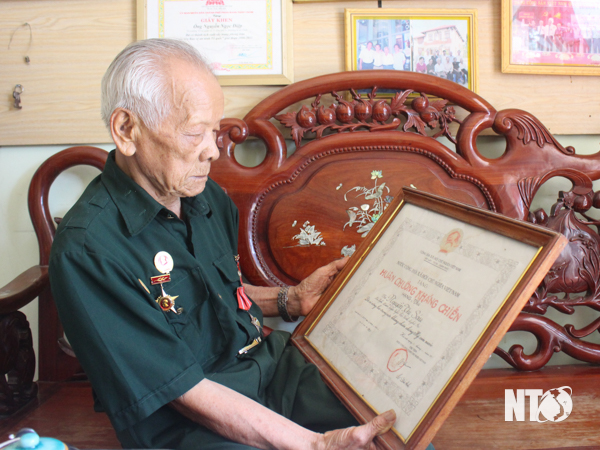
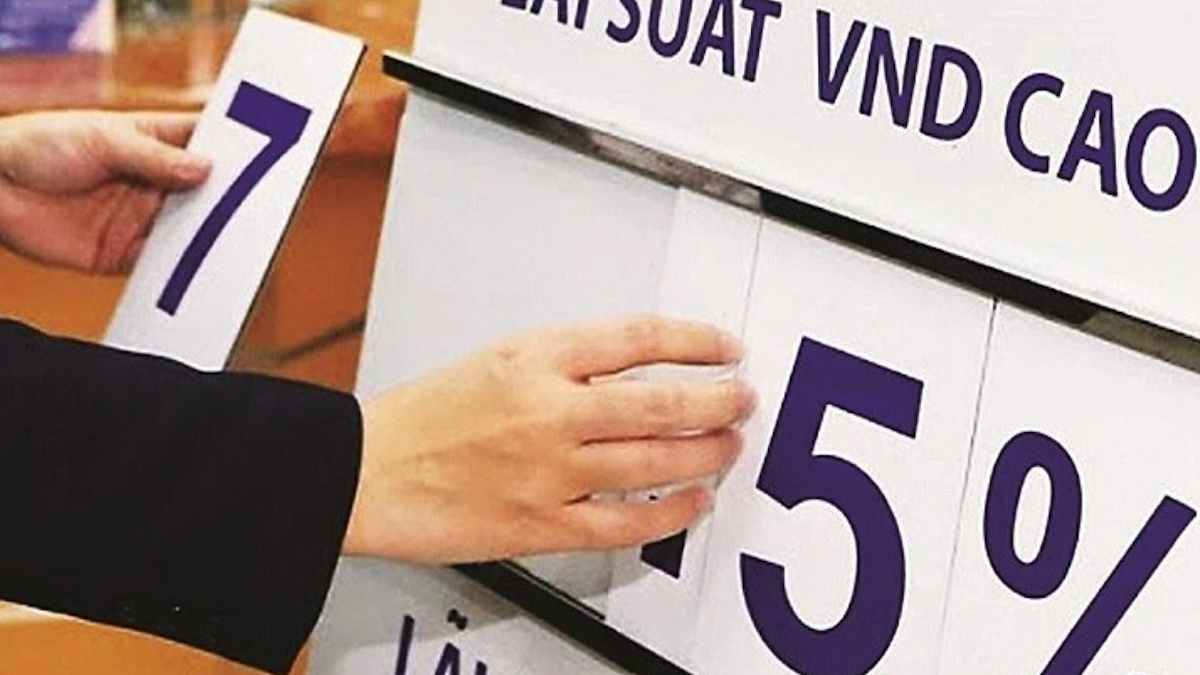
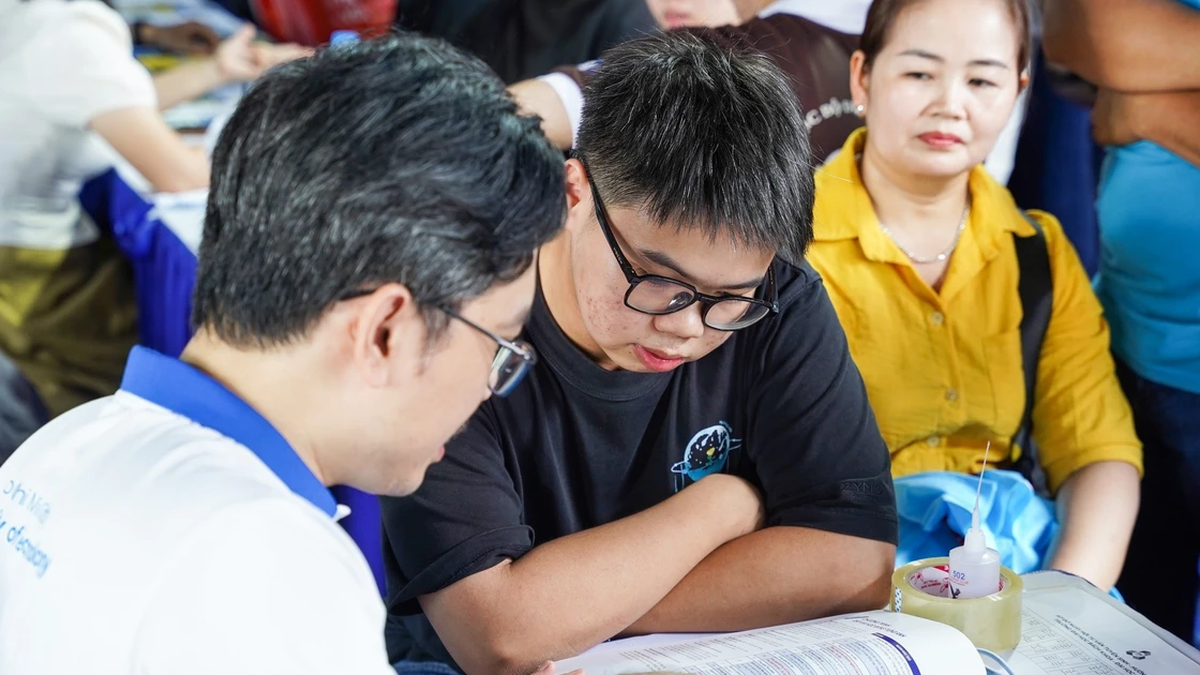

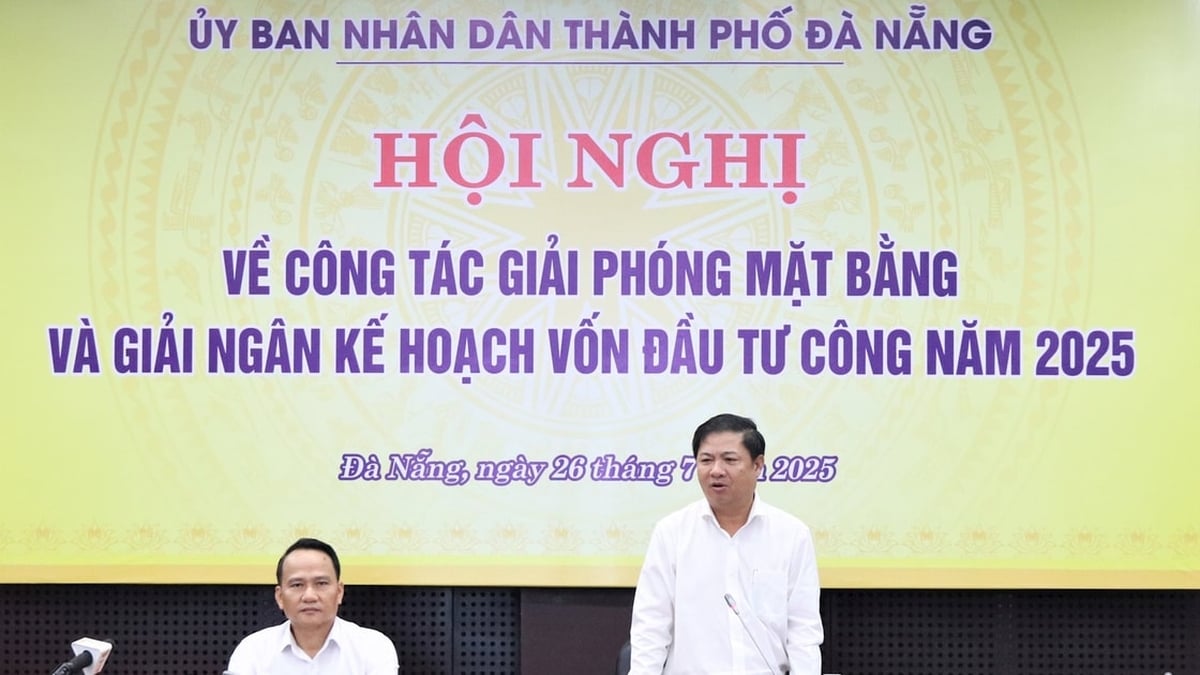
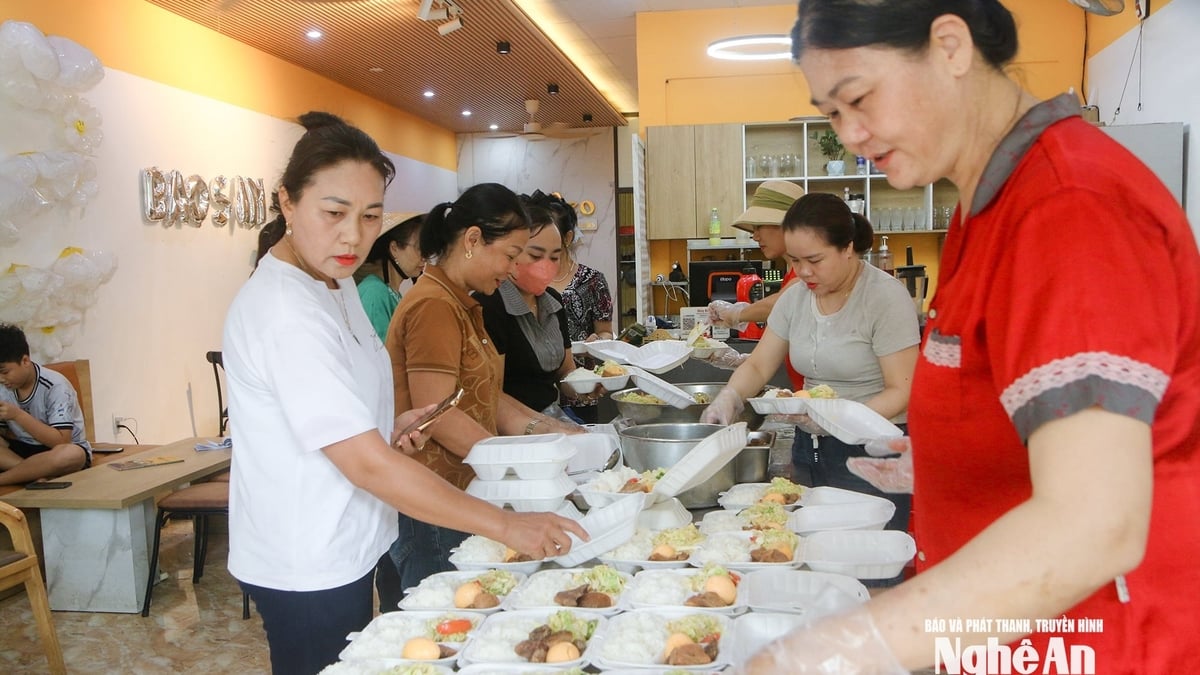
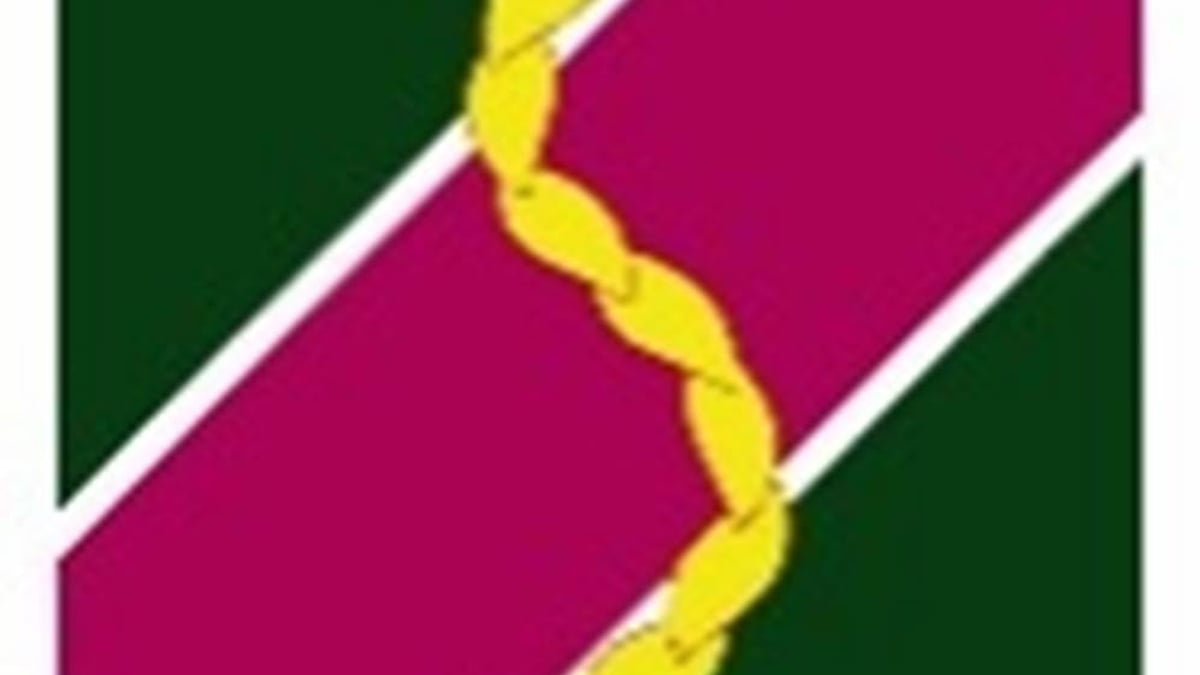
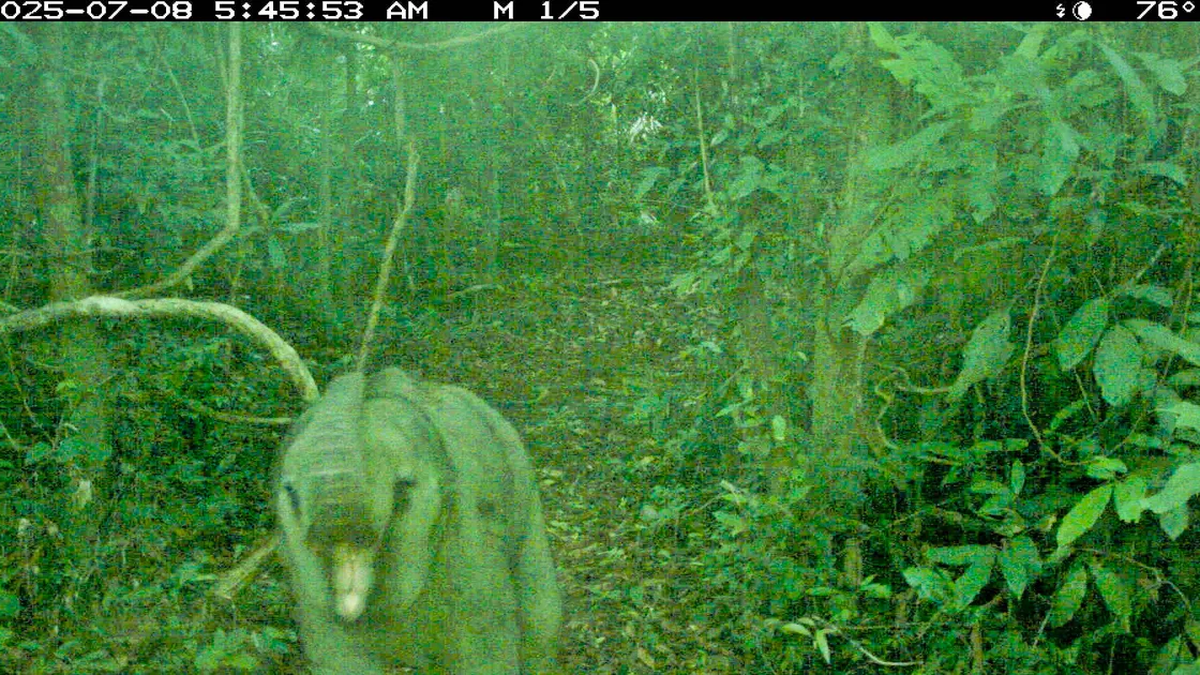

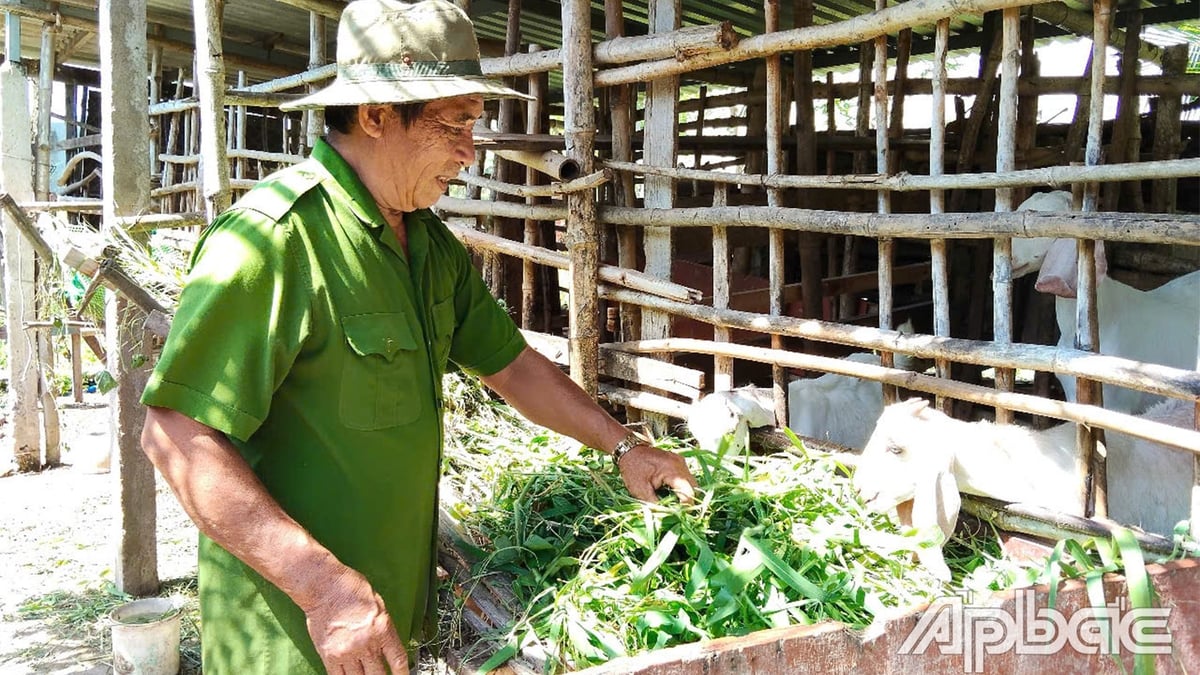













![[Photo] Signing of cooperation between ministries, branches and localities of Vietnam and Senegal](https://vphoto.vietnam.vn/thumb/1200x675/vietnam/resource/IMAGE/2025/7/24/6147c654b0ae4f2793188e982e272651)




































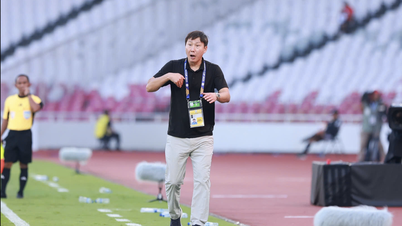

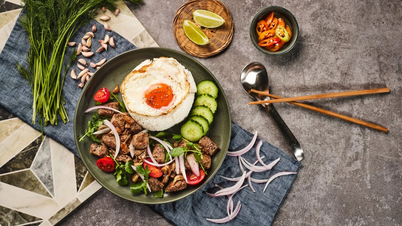



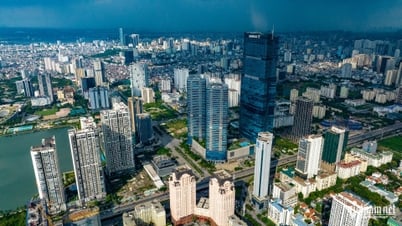
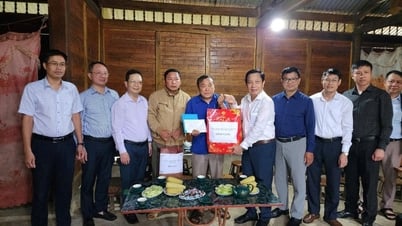



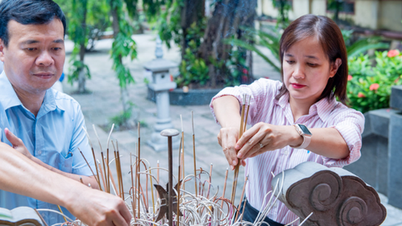
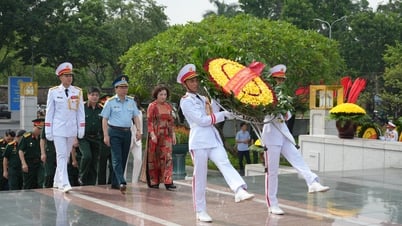
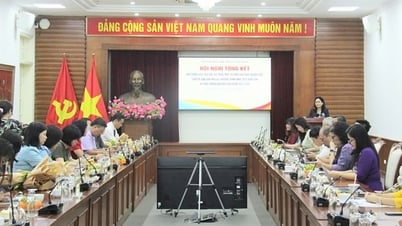

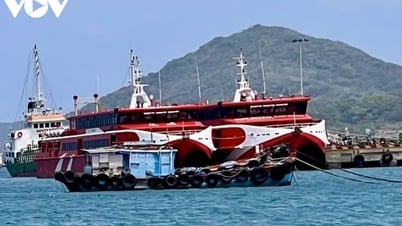























Comment (0)